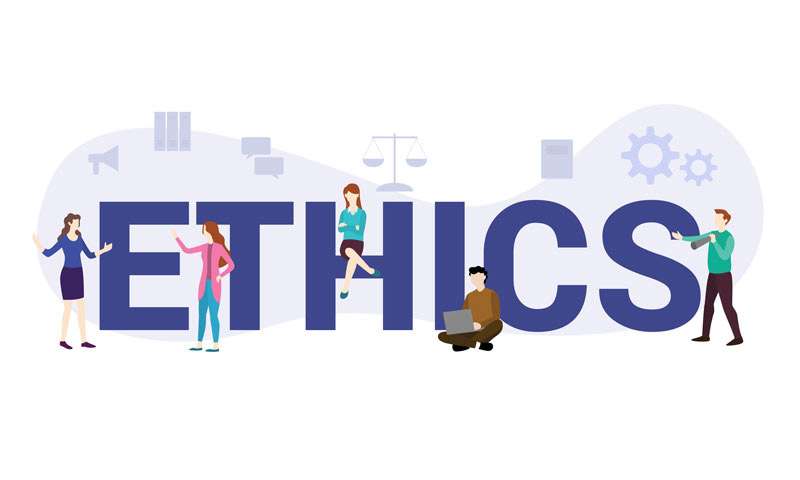The issue of brand ethics is not new, nor is the idea of customers choosing to avoid brands that they perceive to be out of sync with their personal values. Customers like to invest in brands that they feel share their ethical outlook, hence the success of schemes like Fair Trade and the ongoing boycotts of certain brands like Nestle, which is perceived to be causing damage with its bottle milk promotions in third-world companies, for instance.
What is new, however, is the speed with which customers can inform themselves about a brand’s behaviour and how it reflects upon the ethics of a company. The efficiency with which customers can band together to create a mass boycott, complete with associated negative social media coverage, can also happen on an unprecedented scale nowadays.
Because of this, brands need to be very conscious of the fact that their ethics will be under continual scrutiny and they should act accordingly. Here are three keys to the effective management of brand ethics.
Your ethics should be driven by what your customers expect
There will never be an absolute agreement from customers about what constitutes ethical and unethical behaviour. While some groups of customers may approve of your activities or investments, others will not, and the strength of feeling can vary considerably.
You can also face a situation where people who would never have bought your product in the first place become the most vocal about what your brand values should be.
If you let your ethics be driven by the views of people who were highly unlikely to buy your products or services in any case, then you risk alienating your existing (or potential) customer base and actually damaging your company’s situation instead of improving it.
Once you’ve identified your customers, you need to listen to them
Back in the early days of social media, one of the most fundamental lessons many companies had to learn was that they needed to listen to their customers at least as much as they talked to them.
You don’t learn what your customers expect of you by communicating your brand ethics policy to them, you learn what your customers expect of you by listening to what they have to say and then you make sure that your behaviour reflects their expectations. This means that, when your customers check your brand values for themselves, or when they hear other people talk about you, they are happy with what they see and hear.
Remember that once something is on the internet, you should assume it’s there forever
It seems that every week, there’s a story about old social media messages coming back to haunt people. Celebrities are found to have made a homophobic remark in their youth or to have approved of something unthinkabout in the past.
Old social media content can come back to bite companies too, so now might be a good time to check what your organisation has already posted online and decided if there’s anything there which could turn out to be a skeleton in your closet.
Don’t rush your response to an influx of criticism
If you find yourself inundated with sudden criticism, as a news story breaks about your brand or as a customer complaint goes viral, feel free to put out a holding message, such as “We are aware of this issue and will make a comment shortly” while you come up with an authentic and comprehensive response.
If your brand’s values are really important to you, as they should be, and if you are proud to support certain causes or beliefs, take the time to justify and explain them carefully, even in the face of overwhelming tweets or Facebook comments. That self-belief will pay off when the customers who appreciate your authenticity and strength of feeling find you and support you.

